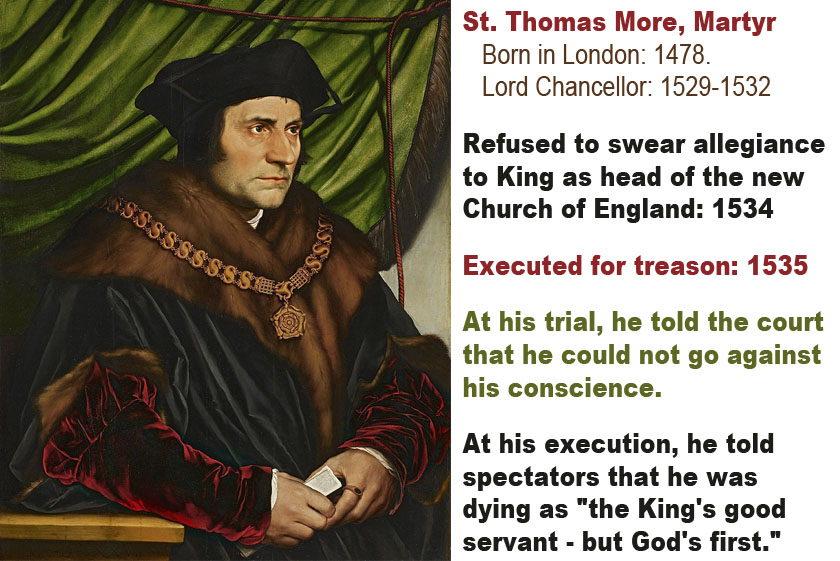Reading I: Habakkuk 1:2-3, 2:2-4
Response: Psalm 95
Reading II: 2 Timothy 1:6-8, 13-14
Gospel: Luke: 17: 5-10
These days when I hear the news with all the violence and controversy, I turn to the Lord and tell him that he is the only one who can solve our problems today. We hear in the first reading a similar plea from Habakkuk. Fr. John Foley, S.J. summarizes the Lord’s response, thus: God is saying, “I understand your sorrow and I will make things better.” However, in today’s world we are used to instant solutions. God asks us to wait and he will makes things better. Father Foley suggests that God may be delaying in order for us to deepen our faith.
In the Gospel, the apostles ask Jesus to increase their faith. His response is “If you had the faith the size of a mustard seed, you could do whatever it is that you want.” It seems that he is inviting them to work with him to make a better world. However, they need greater faith in Him and faith in themselves to do this. That is what the Lord is also asking of us today.
I recall vividly a visit with a young friend of mine and her family. While we were chatting on the patio, we could see her husband preparing a portion of their backyard to be a vegetable garden. He was busily raking up the soil. Beside him was their son who was about three years old. He was imitating the father with his own toy rake. It was such a touching scene!
Although the boy probably got in the way sometimes and was able to do little to really help, his dad let him attempt his little part. Of course, the little boy was happy to be working alongside his dad and very proud that he could “help” his father.
This scene reminds me of how our Father allows us to do our little part in making our world better for ourselves and others. In fact, he wants us to do our part. He doesn’t expect perfection from us. However, he knows it will make us happy.
We see this regularly when we hear the reactions of youth who volunteer to help others in special projects. We hear the sense of fulfillment expressed by older people who give of themselves to help others. We hear of the healing after loss which is brought about by those who choose to improve the life of others. Yes, the Lord knows what is best for us, even when we do not understand.
Lord, help us to place our trust in you. Help us to give over our concerns to you. Give us your peace! Amen.





